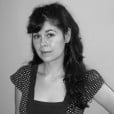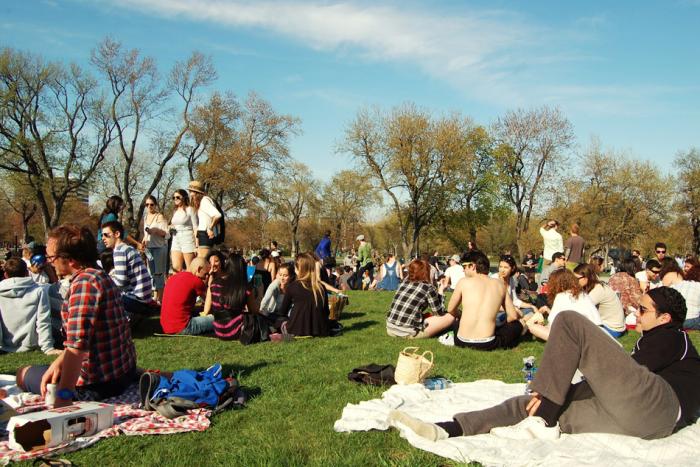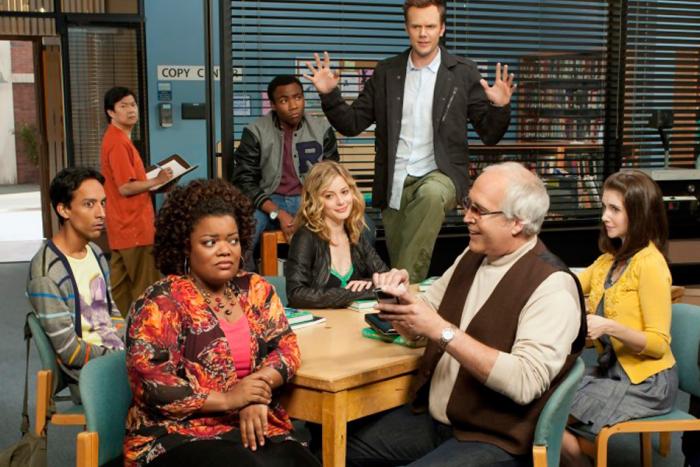The mystical notion of “calling” was initially about finding a relationship with God. People are “called” to the priesthood or the convent. When we use it now in the secular world, it sounds facetious, and needs a sort of prefatory vocal cringe. But as a concept, it’s still a primary driver for people’s decisions about how to create meaningful lives for themselves. The word “vocation” comes from Latin vocare, to call. A guidance counselor with a binder of personality quizzes does his or her best to mimic the burning bush.
A recent study in the Journal of Organizational Behavior discusses what leads up to that struck-by-lightning experience of finding one’s calling—and how that feeling ebbs away over time.
The study, conducted by Shoshana R. Dobrow of the London School of Economics and Political Science, is the first to question the stability of what “calling” is or feels like over time. Management scholars pay attention to calling, because when people experience a greater calling in their field of endeavour they’re happier. And right now, people who are happy in their jobs are the minority: in 1987, 61 percent of Americans were satisfied with their jobs, but in 2010, only 45 percent could say the same.
To test how a sense of calling first develops, and then changes over time, Dobrow tracked 450 high school students over seven years, from 2001 to 2008. The students were enrolled in a summer music program for gifted classical musicians, and Dobrow was interested in how three factors influenced their sense of calling: ability; involvement in music activities like school bands; and social comfort in the company of other musicians.
In 2001, Dobrow took her first measurement of how strongly the students felt about music as their calling. Students were asked to agree or disagree with a set of questions like, “I would sacrifice everything to be a musician,” and “I feel a sense of destiny about being a musician— either amateur or professional.” Then she assessed the students on the three other factors. The measure of each student’s musical ability was provided by the program, which had conducted auditions to select its participants. To assess each student’s level of involvement in music activities, Dobrow asked students to fill out a questionnaire about their participation things like chamber groups, orchestra, or private lessons. Students then filled out a questionnaire describing their level of social ease among other music-oriented peers, rating the statements, “I feel more comfortable around musicians than around any other group of people” and “I enjoy socializing with musicians more than with any other group of people.”
At this first testing, one surprising thing Dobrow found was that no correlation existed between a student’s ability and his or her sense of calling. She found, instead, that engaging in music-related activities and feeling more socially comfortable around musicians than other groups most strongly predicted a student’s sense that music was their calling. In other words, it’s not always the people who are best at something who want it the most; calling may have more to do with social factors than some divine dog-whistle.
Dobrow tested the students three more times over the course of the next seven years, capturing them in the transitional period from 17 to 24. She found that their sense of calling ebbed at every turn, even among those who pursued careers as professional musicians. The group of people whose sense of calling weakened the most were the ones who had felt the strongest calling at first—the ones who were in all the school bands and orchestra camps. The ones who felt like musicians were their people.
I’m discomfited by this study without quite knowing why. I guess because it questions whether there is such a thing as a true calling, something you were genuinely born to do. In Dobrow’s field, most of the work on calling is geared to figuring out how to make people happier and more productive in their workplaces by aligning their sense of calling with their duties. But there’s a more existential question here about whether the sense of having a purpose in life is always an illusion. It feels like if you had really found your calling, it wouldn’t fade away over time. Suddenly it feels as though any sense of calling is all in your head, and, like everything else in there, is pretty much bogus. As Dobrow notes, “calling’s decline over time raises questions about the role calling can and should play in individuals’ career decision making as well as the challenges inherent in maintaining a calling over the span of many years.”
I feel lucky in that I’ve always known what I wanted to do. When I was ten I was pestering my friends to workshop endless drafts of a poem about (as I recall) woodland fairies. While I would now punch you in the face if you suggested that my writing made you think of woodland fairies, I hold the same essential belief about what I was put on this earth to pursue. What would I do if that feeling evaporated?
But Dobrow’s findings offer slightly better news for those who wonder why they haven’t experienced a sense of calling. Her research suggests that this feeling isn’t necessarily a reliable compass for your career choices, and that it’s a feeling that develops rather than being inborn. I know a number of people whose problem is being too smart; because they could do anything, they’re never sure if they’ve made the right choices. The bolt from the sky that tells you what to do with your life might never come, but that’s okay—in the long run, it would turn out to be wrong.
--
Studies Show is a weekly column that appears every Thursday






